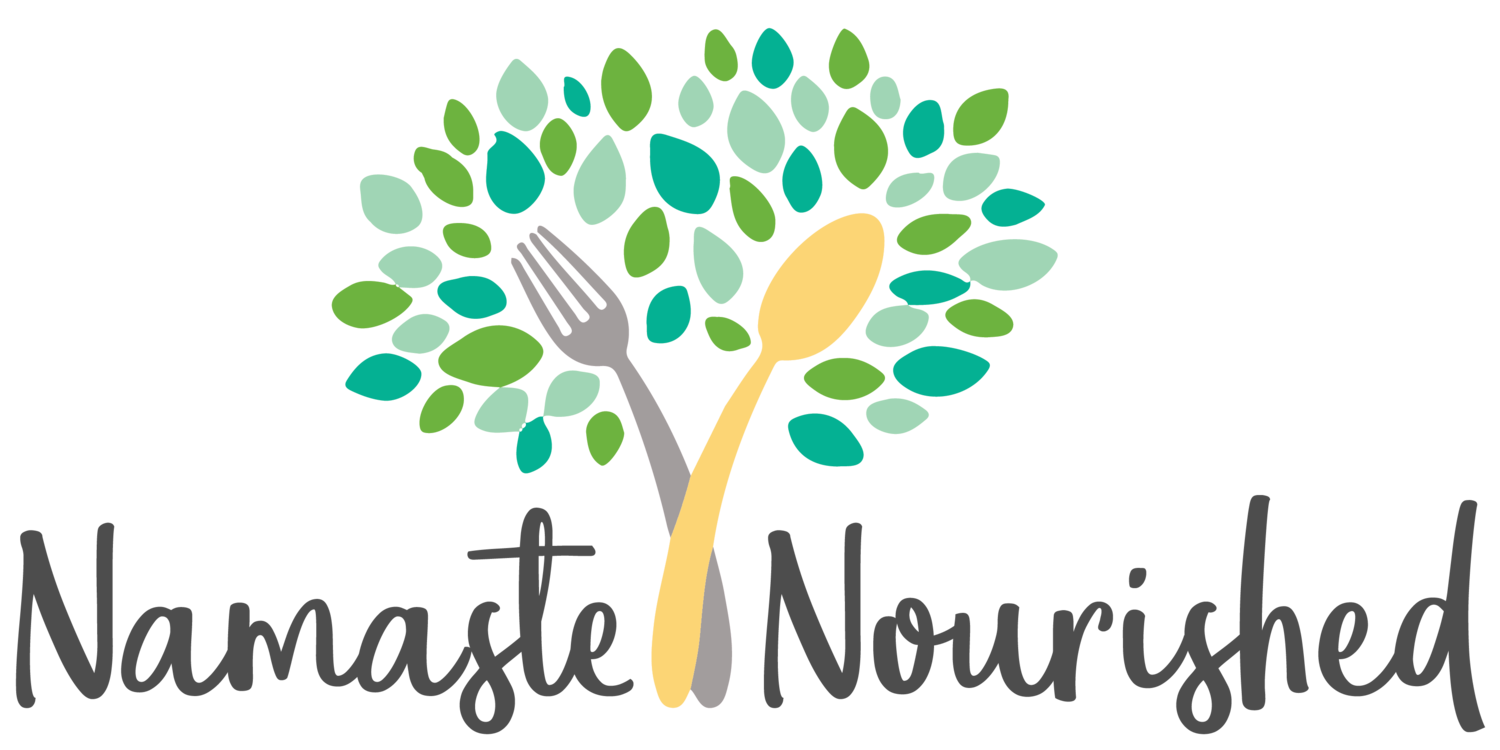How to Navigate Food Traditions in Eating Disorder Recovery
As we approach Rosh Hashanah, it’s important to remember that holidays and their special food traditions and meals can be filled with meaning and connection, but they can also bring stress if you’re recovering from an eating disorder. Navigating these celebrations takes intention, planning, and support. Below, we’ll explore practical ways to honor both your recovery and cultural traditions.
Tips for Handling Traditional Holiday Foods and Meals When Recovering From an Eating Disorder
Traditional foods are an important part of many celebrations. For Rosh Hashanah specifically, they symbolize health, sweetness, and abundance for the year ahead. Holiday food traditions can also represent connection, love, and remind you of family members. If you’re in recovery, the structure and symbolism may feel overwhelming. Start by planning ahead: identify which foods feel safe and which may be more challenging. Decide which foods and traditions are important to you, and make a plan to incorporate them. Figure out what will help you navigate foods you don’t eat every day, by pairing them with a safer food, having a visual reminder at the meal for why eating this food is important, or checking in with a trusted family member during the meal.
Managing Fear Foods Tied to Religious Traditions While Healing Your Relationship With Food
Sometimes, specific holiday foods become "fear foods." These are foods that trigger anxiety or rigid thoughts. Facing them in a holiday setting may feel especially daunting. Consider pairing a fear food with something more familiar, or trying a small taste as a step forward. Remember: you don’t need to finish a whole portion to participate in the tradition.
Navigating Family Pressure Around Holiday Meals in Recovery
Family and community gatherings often come with expectations. Relatives may encourage you to "eat more" or comment on your plate. These situations can be challenging. Preparing simple boundary-setting responses, like “I’m listening to my body right now,” can help you stay grounded. It’s okay to decline politely and redirect the conversation. Additionally, it is important to make sure you are leading with recovery intentions, and not intentions set by the eating disorder. If redirecting conversations feels too difficult at this point in your recovery, it may help to ask a family member to help advocate for you.
Finding Balance With Traditional Holiday Foods Without Falling Into Restriction
Restriction can feel tempting when you anticipate a big meal, but skipping or limiting food before the holiday often makes the experience harder, and will confuse your body on the progress you’ve been making in recovery. Instead, focus on balance, eating consistent meals and snacks leading up to the gathering. When you arrive, allow yourself to enjoy traditional foods without judgment. Balance is not about control, it’s about honoring both your body and your culture.
Coping With Body Image Struggles at Food-Centered Holiday Celebrations
Holiday gatherings can sometimes stir up body image concerns. Maybe it’s comments from family members, or the discomfort of being around large amounts of food. Remind yourself that your worth is not tied to your appearance or your plate. Shifting focus toward conversation, connection, and the meaning behind the holiday can help move the spotlight away from body image.
How to Honor Cultural Holiday Foods Without Compromising Eating Disorder Recovery
Rosh Hashanah and other holidays are about much more than food. While the foods are symbolic, the deeper meaning comes from reflection, family, togetherness, and renewal. You can still engage in the rituals of the holiday even if your plate looks different from those around you. Honoring your recovery is also a way of honoring your culture, as it allows you to be present and connected.
Final Thoughts Navigating traditional holiday meals while recovering from an eating disorder is not easy, but it is possible. Small steps, boundaries, and compassion for yourself can help you stay grounded. Recovery and cultural connection can coexist, and finding that balance is worth celebrating.
If you need extra support this holiday season, our team is here to help. We specialize in guiding people through eating disorder recovery while honoring values around cultural and religious traditions. Click here to schedule an appointment with a registered dietitian today.

